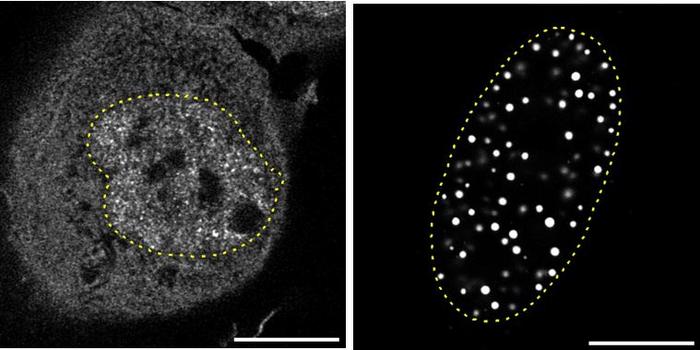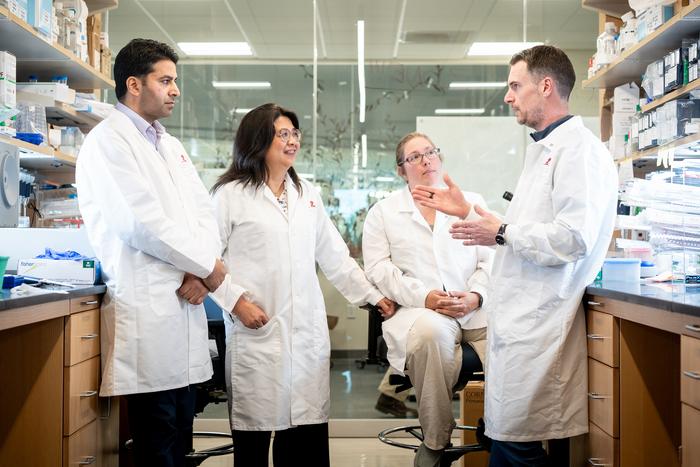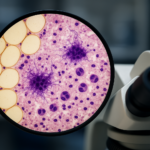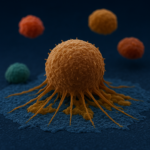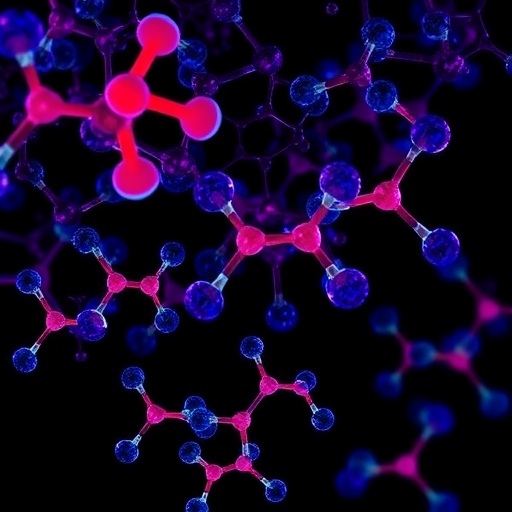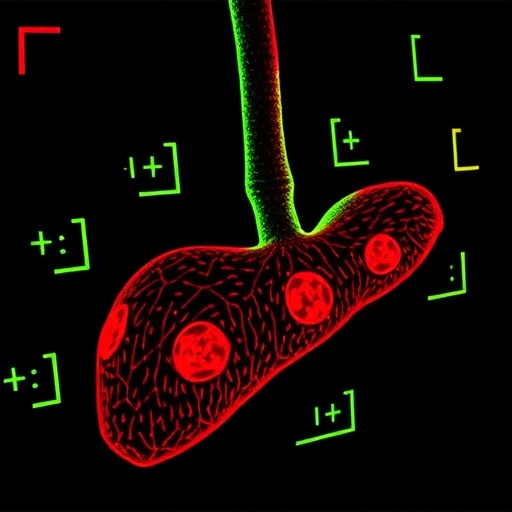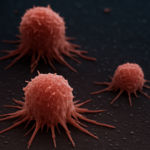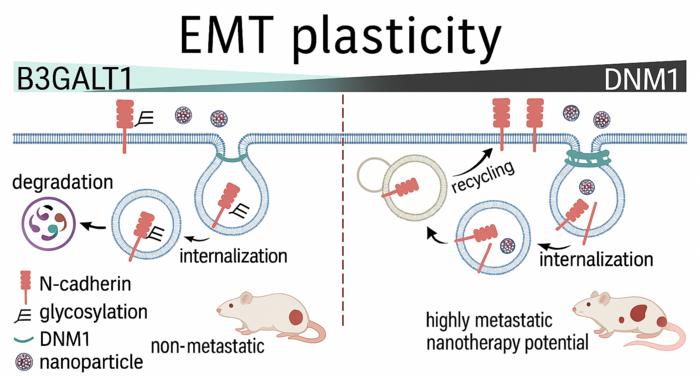Now Reading: Doğal katil hücreler, over kanserini hafızasında tutup etkin şekilde hedefliyor
-
01
Doğal katil hücreler, over kanserini hafızasında tutup etkin şekilde hedefliyor

Doğal katil hücreler, over kanserini hafızasında tutup etkin şekilde hedefliyor
Researchers at the Karolinska Institutet have made a groundbreaking discovery that could revolutionize the treatment of ovarian cancer, one of the most challenging forms of cancer to manage with current therapies. Their study reveals that a distinct subtype of natural killer (NK) cells, known as adaptive NK cells, possess the remarkable ability to memorize ovarian tumors and mount a highly effective, targeted immune response upon re-encountering the same tumor cells. This discovery, published in the prestigious journal Cancer Immunology Research, not only reshapes our fundamental understanding of NK cell biology but also paves the way for novel immunotherapy approaches that harness the body’s intrinsic defense mechanisms.
Natural killer cells are a crucial component of the innate immune system, primarily tasked with rapid identification and destruction of virus-infected and malignant cells. Unlike T cells and B cells, which form the basis of adaptive immunity with a memory function, NK cells have traditionally been viewed as lacking any memory-like properties. However, adaptive NK cells (aNK cells) are a recently identified subset that challenge this paradigm by demonstrating memory-like behavior upon exposure to certain stimuli, including cancerous cells. The research team at Karolinska Institutet meticulously investigated these cells to understand their potential role in the immunological landscape of ovarian cancer.
The significance of aNK cells lies in their ability not only to recognize and kill tumor cells but also to remember the specific “tumor signature” after initial contact. This property enables them to launch a more potent and faster response during subsequent encounters. Through advanced RNA sequencing and single-cell gene expression analyses, the Karolinska researchers were able to map the interaction between adaptive NK cells and ovarian tumor tissues with unprecedented detail. Their findings highlight that aNK cells infiltrate the tumor microenvironment and maintain sustained cytotoxic activity against ovarian cancer cells, even in complex and immunosuppressive conditions.
This discovery is particularly important given the notoriously poor prognosis and limited treatment options available for ovarian cancer patients. Most standard therapies, including chemotherapy and radiation, face significant challenges due to the tumor’s ability to evade immune detection and suppress immune cell functions within its microenvironment. Adaptive NK cells, with their capacity to retain tumor-specific memory and cooperate with other immune cells, offer a promising avenue to circumvent these hurdles. The ability of aNK cells to recognize cancer cells more precisely can potentially lead to immunotherapies with enhanced efficacy and reduced side effects.
Dhifaf Sarhan, senior lecturer at the Department of Laboratory Medicine at Karolinska Institutet and the lead researcher, emphasized the transformative potential of their findings. She explained that their work not only overturns the long-held view of NK cells as purely innate immune cells without memory but also introduces a novel immunological mechanism that can be exploited therapeutically. Their research underscores a new paradigm where the immune system’s innate and adaptive features converge, allowing for more tailored and potent anti-tumor responses.
The Karolinska team’s methodology in this investigation involved sophisticated single-cell RNA sequencing technology, which allowed them to dissect the genetic and molecular signatures of individual immune cells within ovarian tumors. By comparing these profiles, they could precisely identify the distinct adaptive NK cell populations and understand their function in recognizing and eliminating tumor cells. This granularity of data provides strong evidence of the specialized role adaptive NK cells play in tumor immunosurveillance, a critical insight for future treatment designs.
Intriguingly, the research also revealed how adaptive NK cells interact synergistically with other immune system components. These interactions appear to boost the overall immune response within the tumor microenvironment, suggesting that therapies designed to augment aNK cell numbers or activation could leverage a broader immune network for more effective cancer eradication. Such insights open invaluable research pathways for combinational therapies involving aNK cells and other immunomodulatory agents.
Looking ahead, the team at Karolinska Institutet plans to translate their laboratory findings into clinical settings by developing strategies to expand and activate adaptive NK cells in patients. This includes exploring ex vivo expansion methods, genetic manipulation to enhance specificity, and innovative delivery techniques to improve tumor infiltration by these cells. Clinical trials are envisioned as the next milestone, aiming to assess the efficacy of aNK cell-based therapies in improving survival outcomes for patients battling ovarian cancer.
The implications of this research extend beyond ovarian cancer, as adaptive NK cells may hold therapeutic potential for a range of difficult-to-treat malignancies. By deepening our understanding of how these cells develop memory and execute cytotoxic functions in tumor contexts, scientists can design next-generation immunotherapies that harness innate immune memory. This could redefine how cancers are targeted, shifting the paradigm from traditional treatments towards precision immunomodulation.
As the field of cancer immunotherapy continues to evolve rapidly, discoveries like this highlight the untapped potential residing within the immune system itself. Adaptive NK cells exemplify a hybrid immune functionality that challenges dogma and invites a re-examination of cancer-immune interactions. Their targeted specificity and memory capabilities could ultimately transform immunotherapy from a broad-based approach to a finely tuned, personalized strategy tailored to the unique tumor profiles of individual patients.
In summary, the elucidation of adaptive NK cell memory against ovarian tumors marks a pivotal advancement in cancer research. By demonstrating the tumor-specific immune memory and enhanced cytotoxicity of these cells, the Karolinska Institutet team lays the foundation for innovative treatments that could overcome existing limitations in ovarian cancer care. The coming years will likely witness exciting developments in harnessing adaptive NK cells for immunotherapeutic applications, offering new hope to patients facing this formidable disease.
**Subject of Research:**
Natural killer (NK) cells, specifically adaptive NK cells, and their role in ovarian cancer immunotherapy.
**Article Title:**
Adaptive NK Cells Exhibit Tumour-Specific Immune Memory and Cytotoxicity in Ovarian Cancer
**News Publication Date:**
28-April-2025
**Web References:**
Karolinska Institutet press release and Cancer Immunology Research journal online publication.
**Doi Referans:**
10.1158/2326-6066.CIR-24-0852
**Resim Credits:**
Stefan Zimmerman
**Anahtar Kelimeler:**
adaptive NK cells, cancer immunology research, cancer research breakthroughs, cancer treatment innovations, immune response to tumors, immune system memory, immunotherapy advancements, Karolinska Institutet study, natural killer cells, ovarian cancer immunotherapy, tumor targeting mechanisms, white blood cell functions












